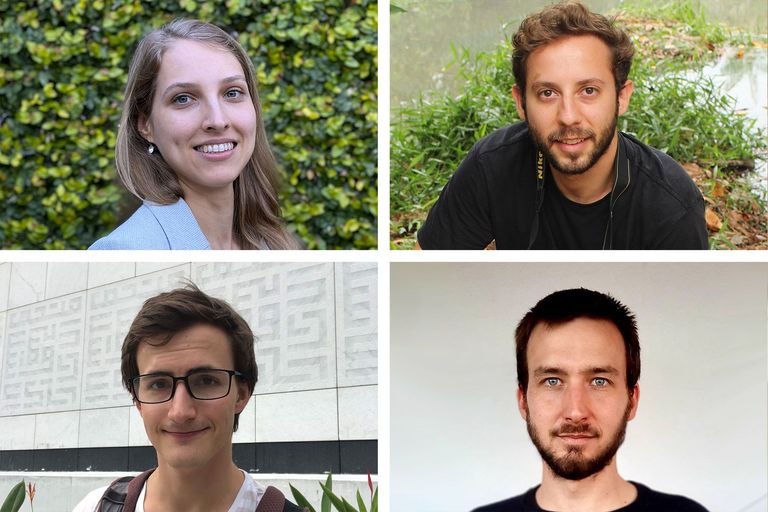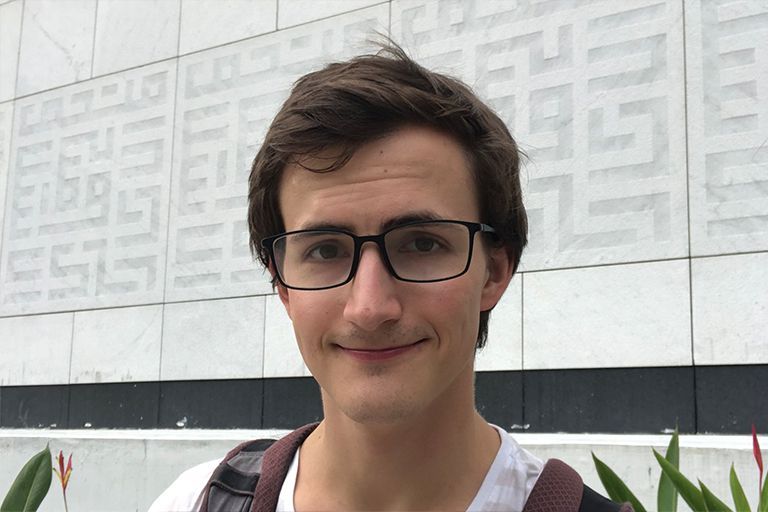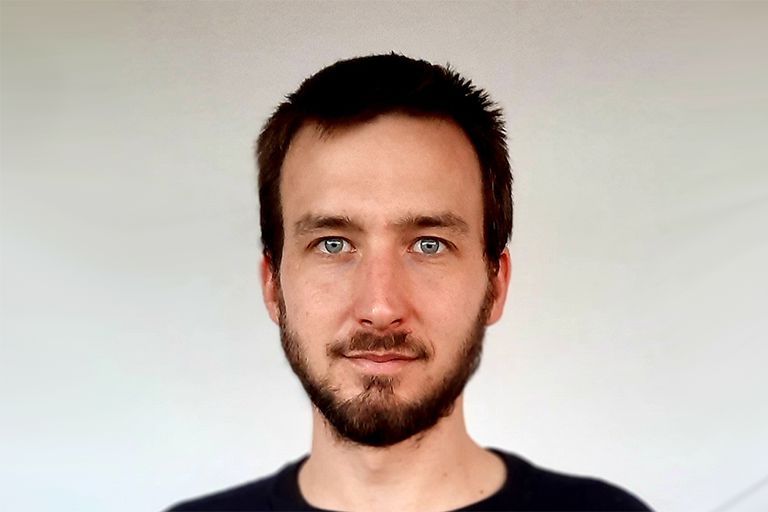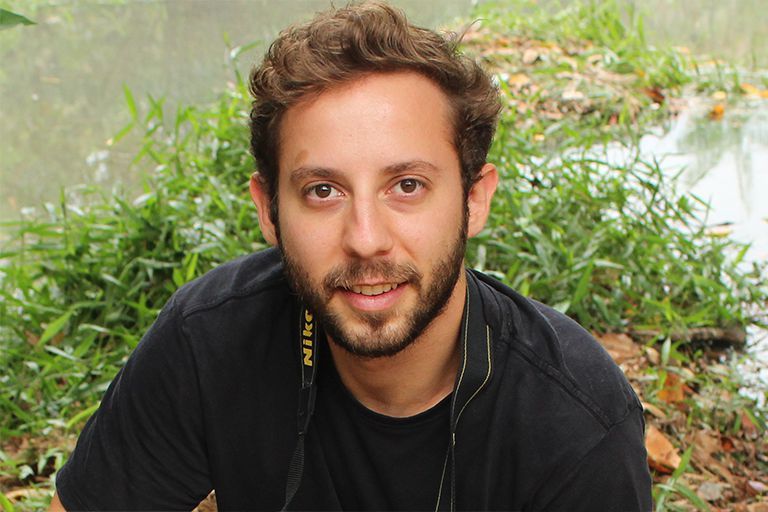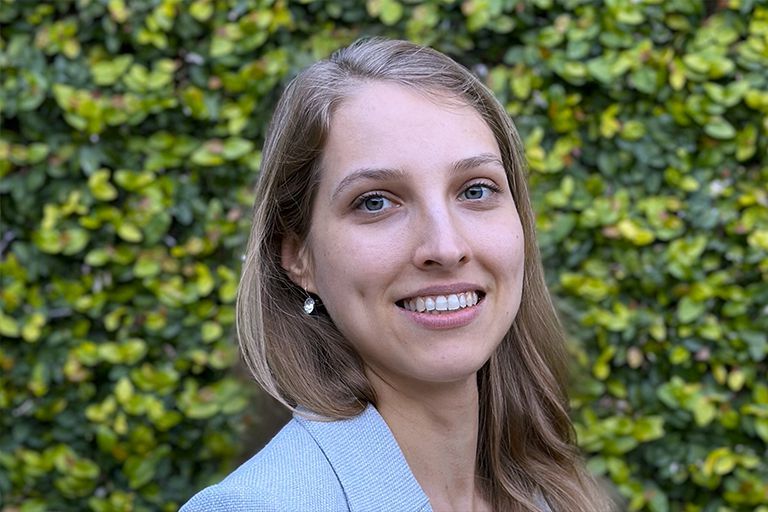Astrid Tomczak-Plewka
Carefree. That's the first impression Julia Reisenbauer creates: someone who's bursting with optimism as she discovers the world, eager to find out what might lie ahead. Back when she was a pupil at a secondary school in the Vienna area, specialising in natural sciences, she took the same approach when it came to selecting her degree course: chemistry, biology and pharmacy were on the shortlist. "But it soon became clear that chemistry should be my choice." It was equally clear to her that she would not stay in Austria for her entire study programme. Her father gave her the idea of looking at ETH, the Swiss Federal Institute of Technology Zurich. "To be honest, I wasn't even aware of ETH's reputation at that time," she says. "I was somewhat naive in my analysis. I simply thought I'd give it a try. If it works, fine; and if it doesn't, something else will come up. Somehow or other, I've stayed with that until now."
While studying for her master's, Reisenbauer (who comes from Lower Austria) completed a research internship at the Max-Planck-Institute in Mülheim an der Ruhr (Germany) under Bill Morandi, who later became her doctoral supervisor. Morandi established a field of research where synthesis methods are developed to systematically rebuild molecules so they could have the potential to perform specific tasks in pharmaceutical applications. The side chains that "dock" around the core of a molecule play a key part in influencing the reactions of molecules. For example, a substance that is insoluble in water becomes soluble. Medicines can be made more effective by adding the right chemical group. This process is called "peripheral editing".
Faster testing of active ingredients
In her dissertation at ETH, Reisenbauer has quite literally penetrated to the heart of molecules: "skeletal editing" involves modifying the molecular skeleton. As a doctoral student, she performed this process on indoles. Indoles occur very frequently in nature and also in the human body – for example, in the side chain of tryptophan, a naturally occurring amino acid. They form the basis for many pharmaceutical and industrial applications. Reisenbauer has succeeded in extending the five-membered ring with an additional nitrogen atom. The new method could enable active ingredients to be tested and found much faster in the future, because the protracted de novo synthesis can be bypassed and new classes of molecules can be created directly in just a few synthesis steps. "The feedback I already received from numerous pharmaceutical companies suggests that this powerful and easy-to-handle reaction is helping medicinal chemists to diversify their molecular libraries and ultimately rationalise the discovery of new therapeutics," writes Reisenbauer's supervisor Bill Morandi.
"You have to try things out"
Since September 2023, the Prix Schläfli laureate has been at the California Institute of Technology in Pasadena thanks to a Postdoc Mobility fellowship from the Swiss National Science Foundation. "I'm extremely fortunate to have been given this opportunity," she says. The driving forces for her work are her fascination with basic research and her desire "to understand mechanisms that can help us think in new directions and try out new things". And then she adds a sentence that sounds almost trite – yet it describes the core of research: "If you don't try something out, you can't know whether it really works." But trying things out also involves setbacks: "Success is always very easy to take on board," she says, "but I've also been able to learn how to overcome failures, keep going, and not lose my enjoyment."
This joy of discovery runs like a common thread through Julia Reisenbauer's life: "My siblings and I were very privileged. We were always going to museums, and we were allowed to try out lots of things," she says. Even as a child, she used to say that she wanted to become a scientist one day. Now she has fulfilled that childhood wish. And she also satisfies her urge to keep on discovering new things in her free time, whether by travelling – her most recent trip was to Japan – or through sports. "I take part in a lot of sports, and the type of sport changes as I move from one place to another." She often used to go mountain biking, but now she has set up a bouldering group in California and she also does plenty of hiking. "I keep my head busy with science. But my body simply needs to get out into nature."
